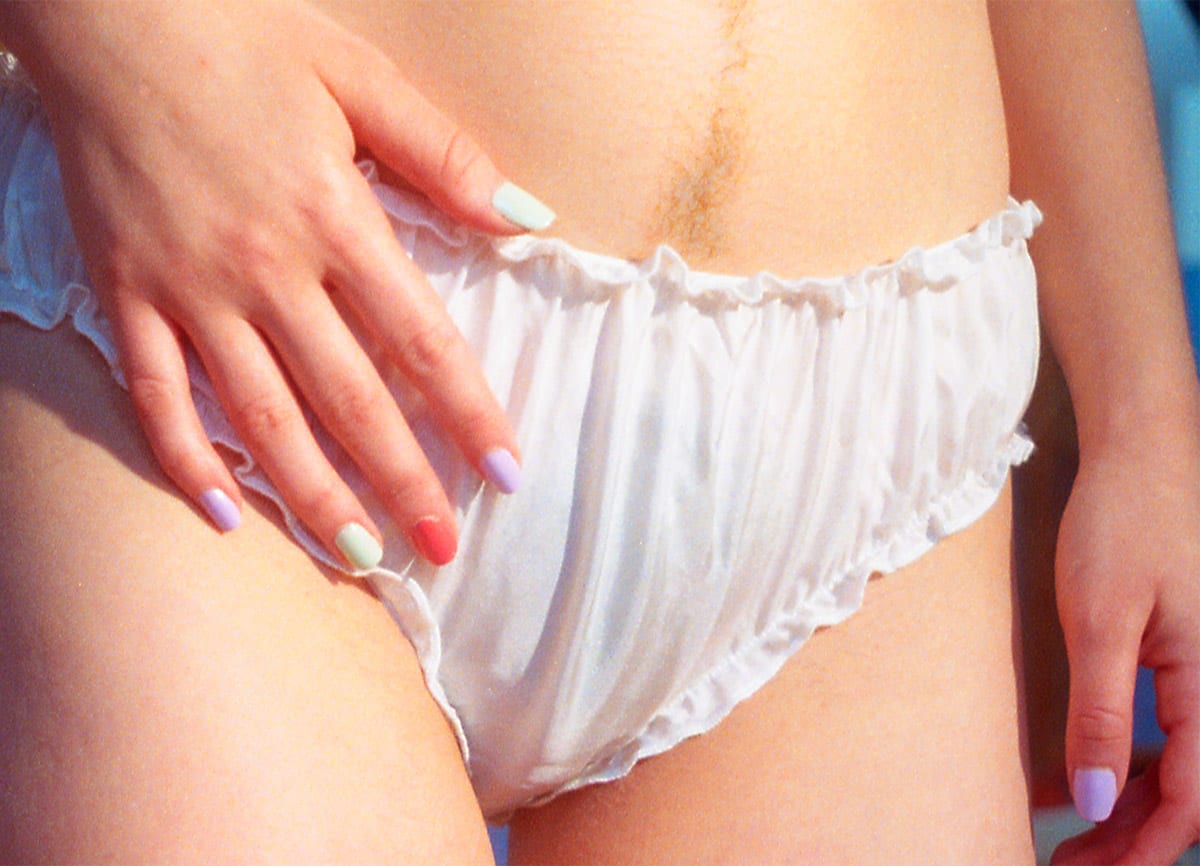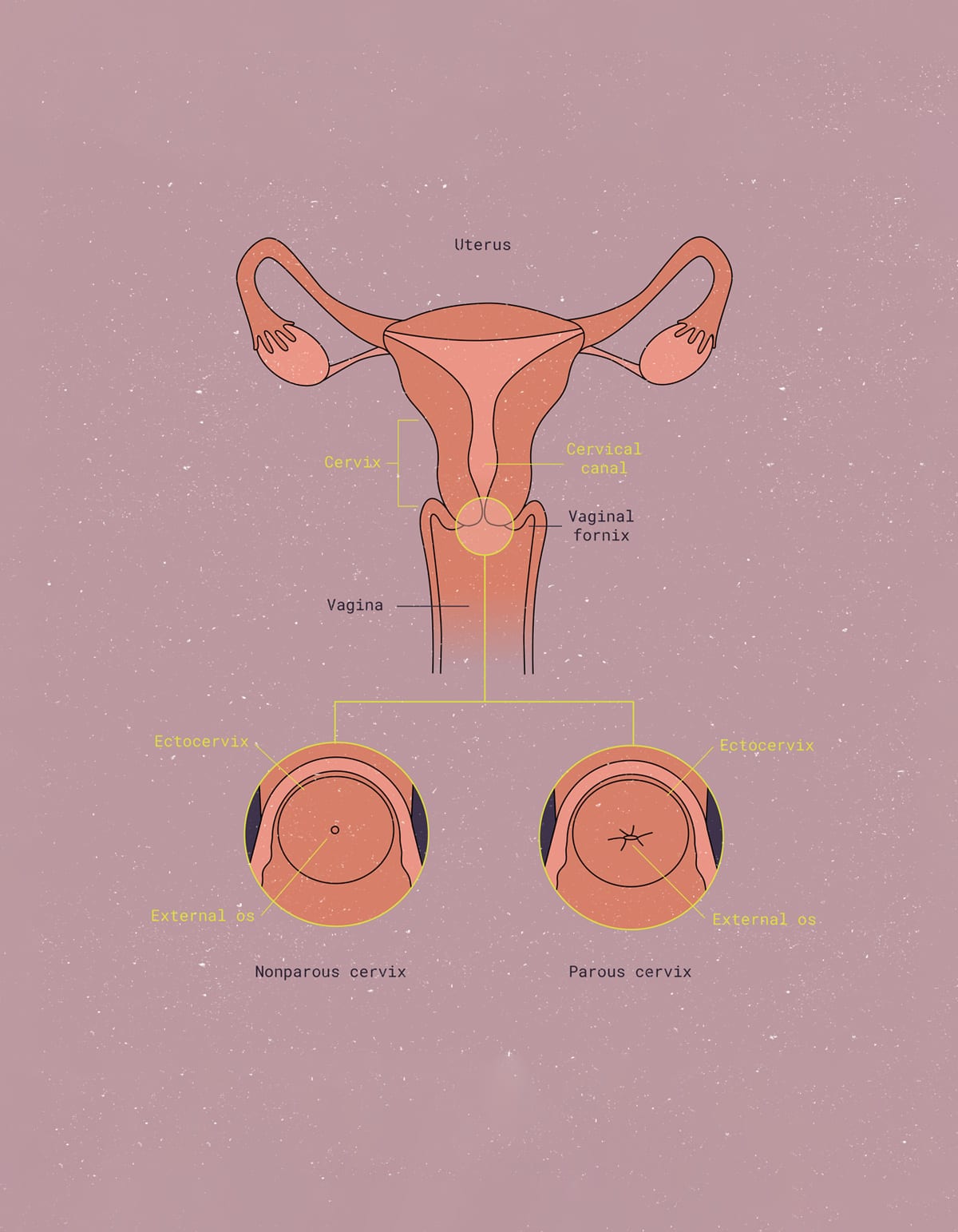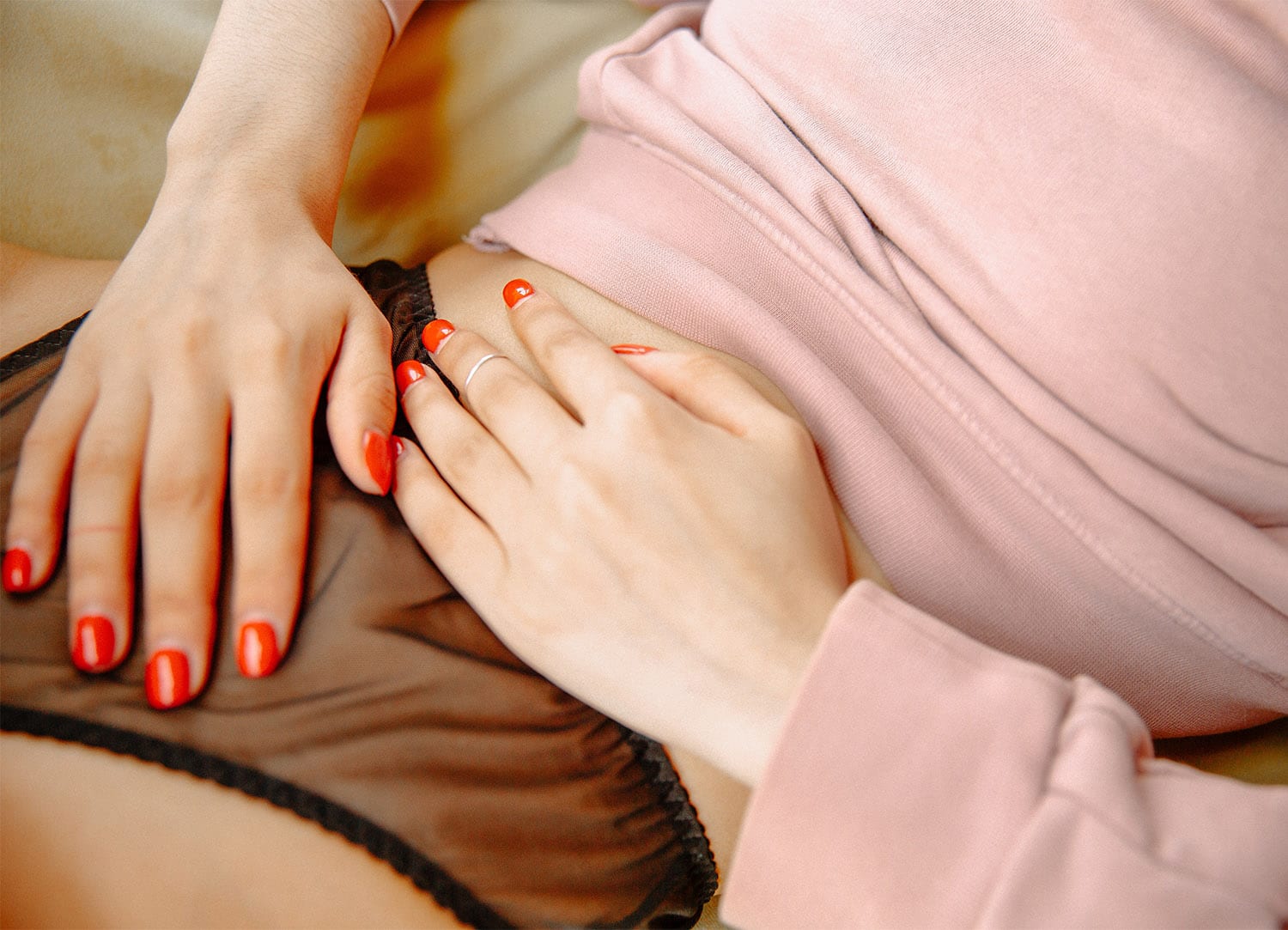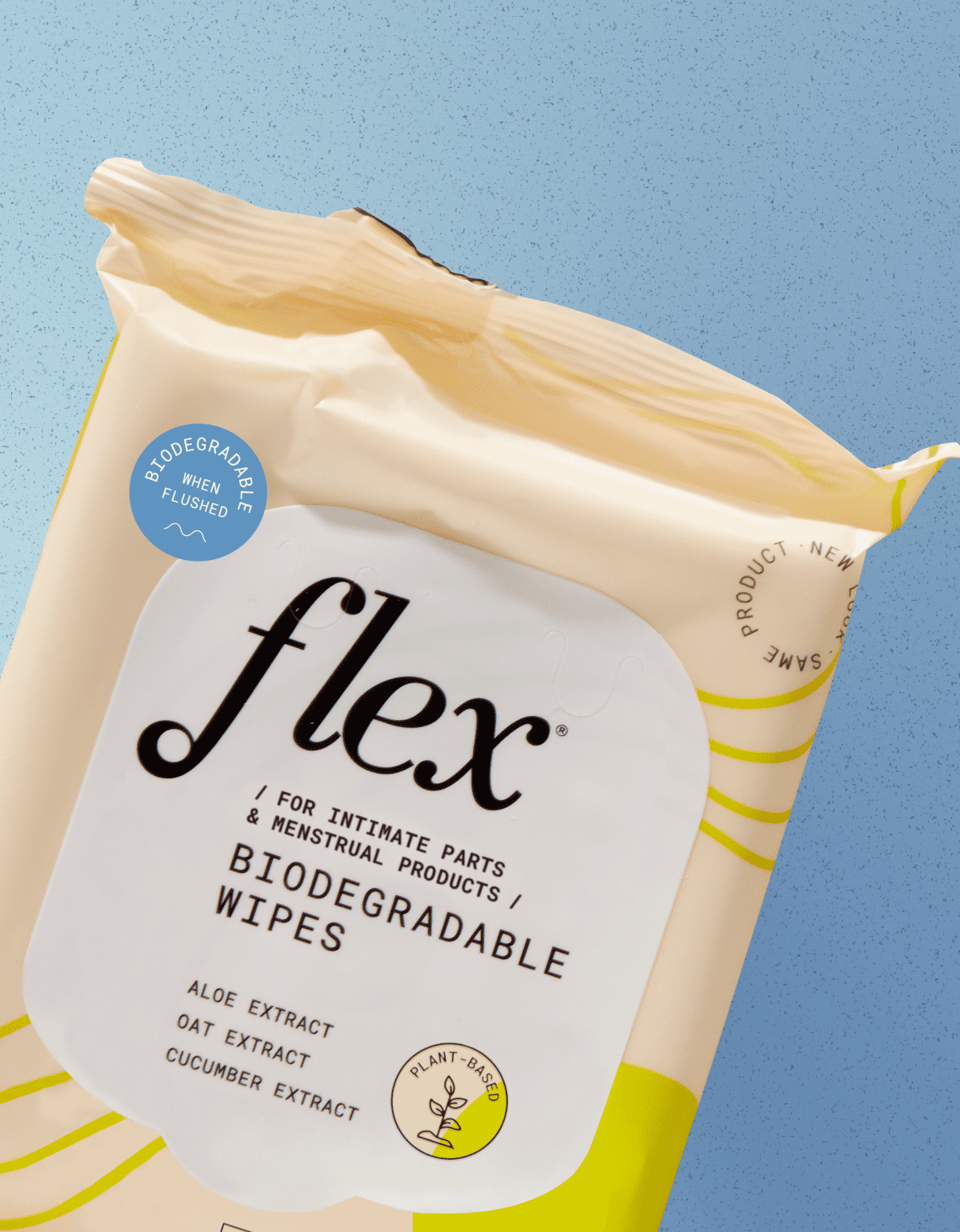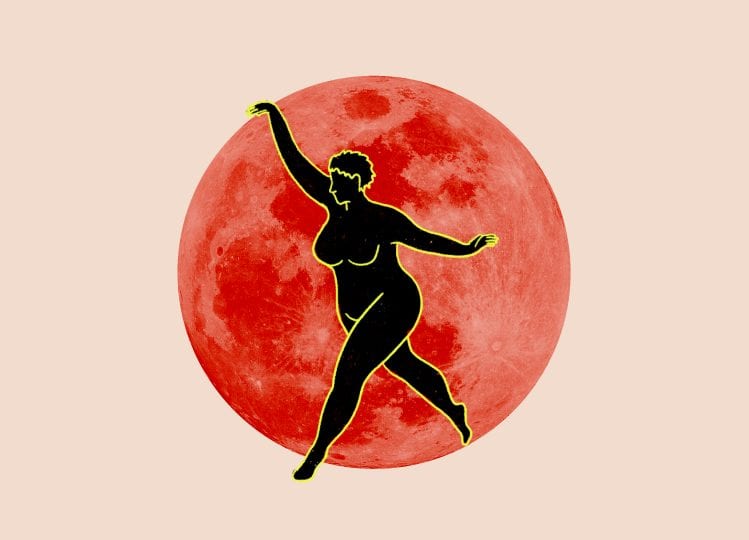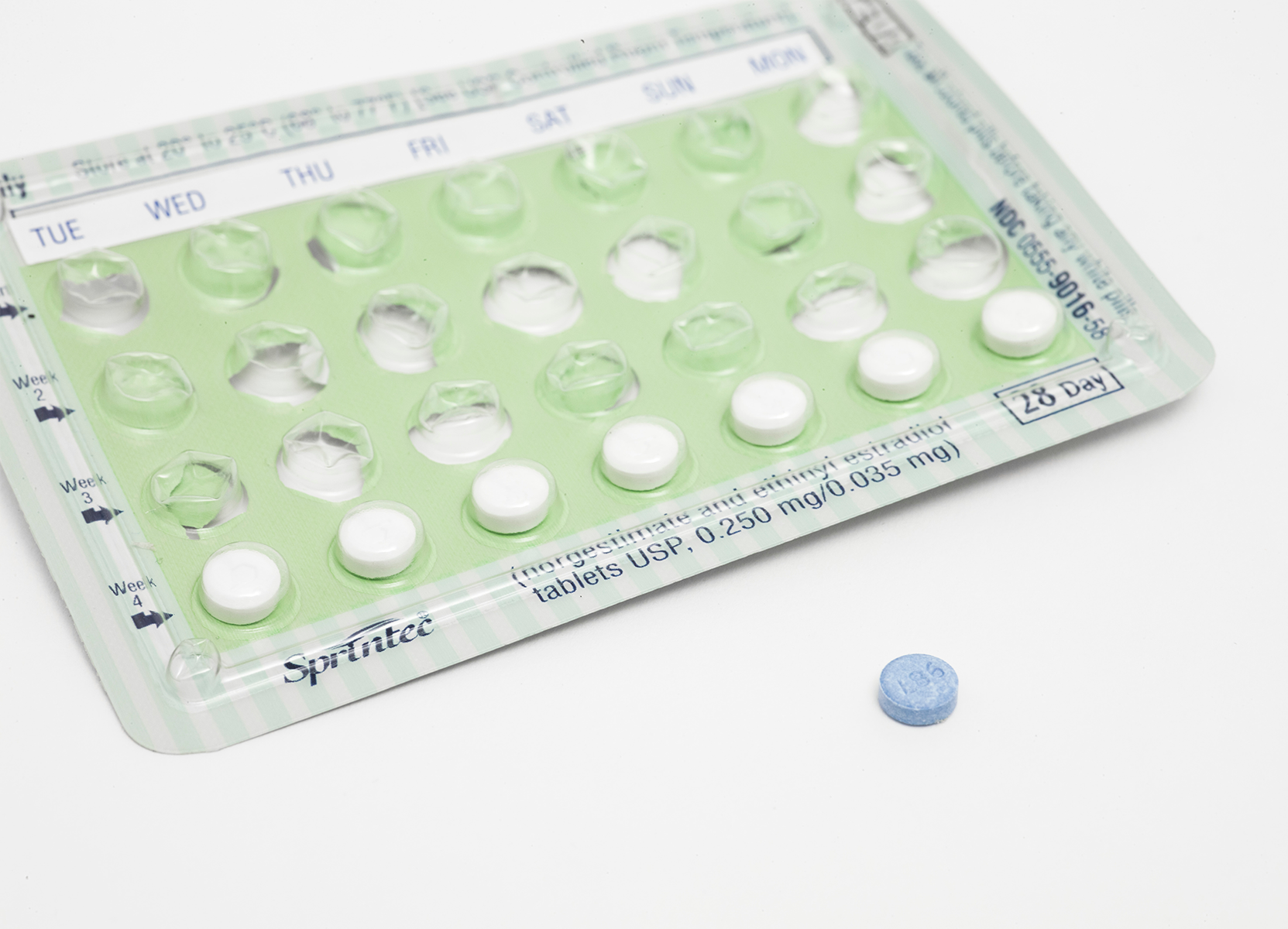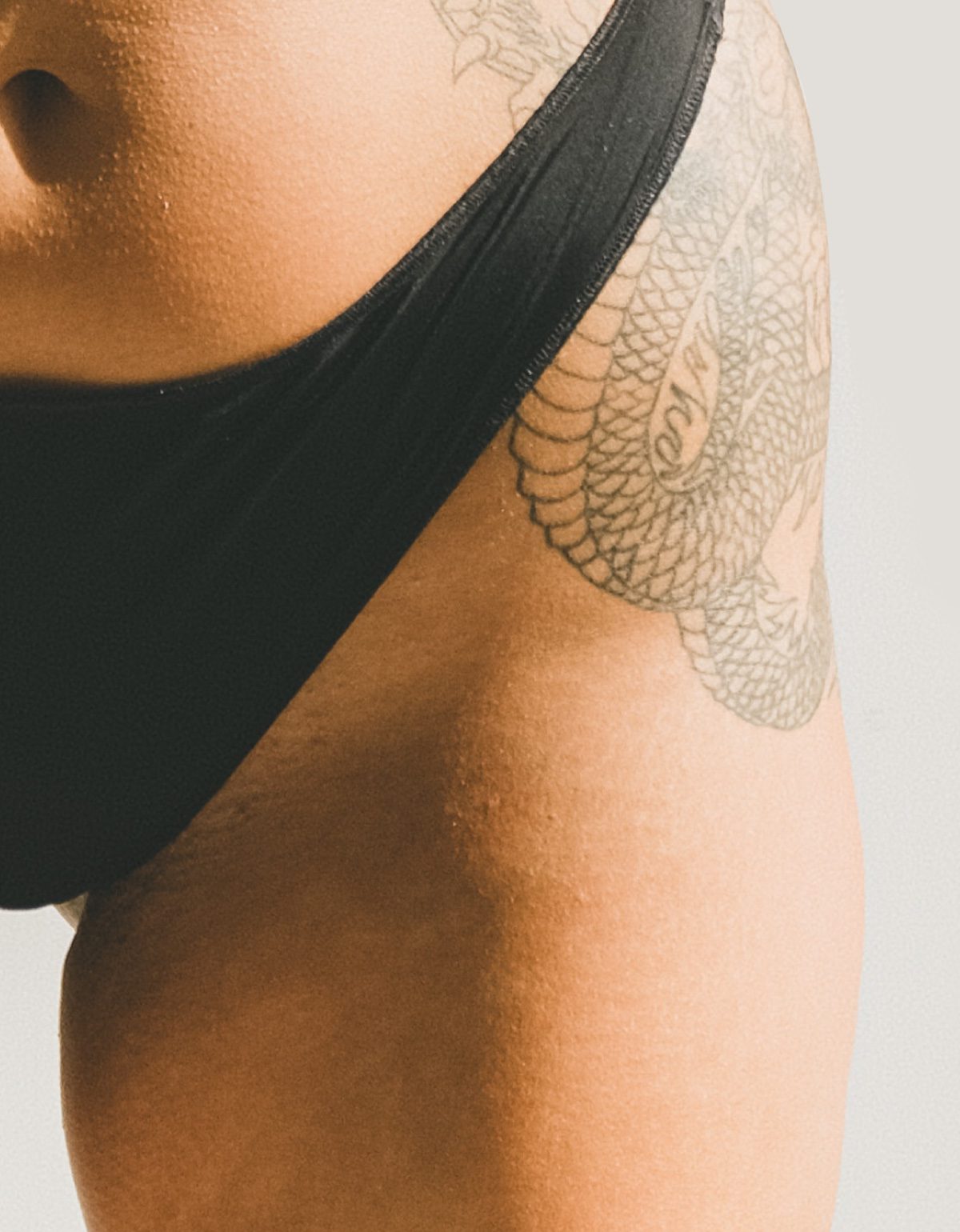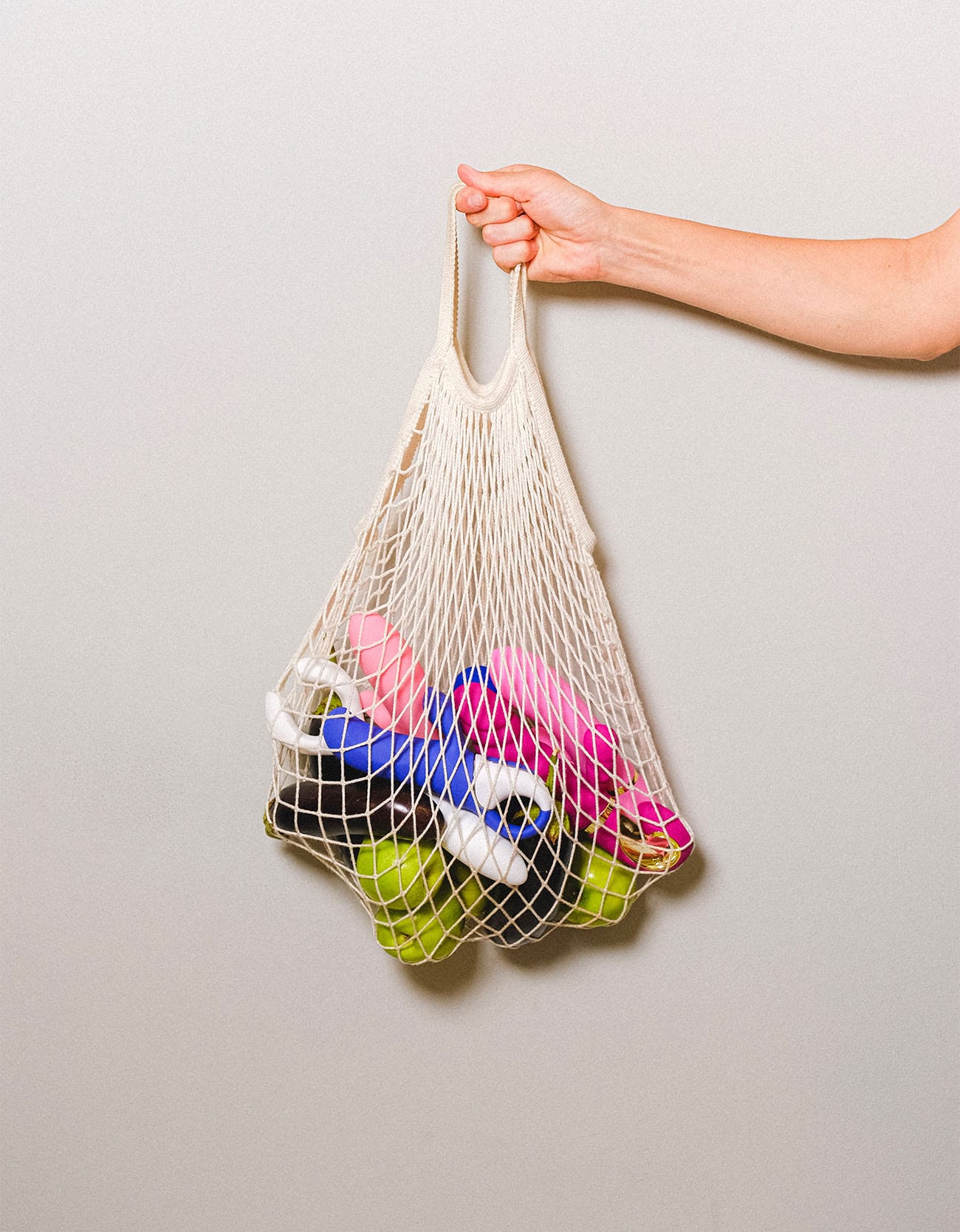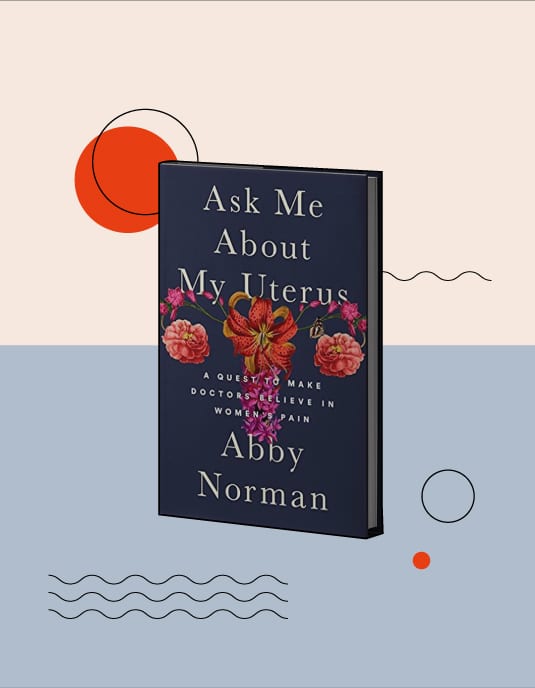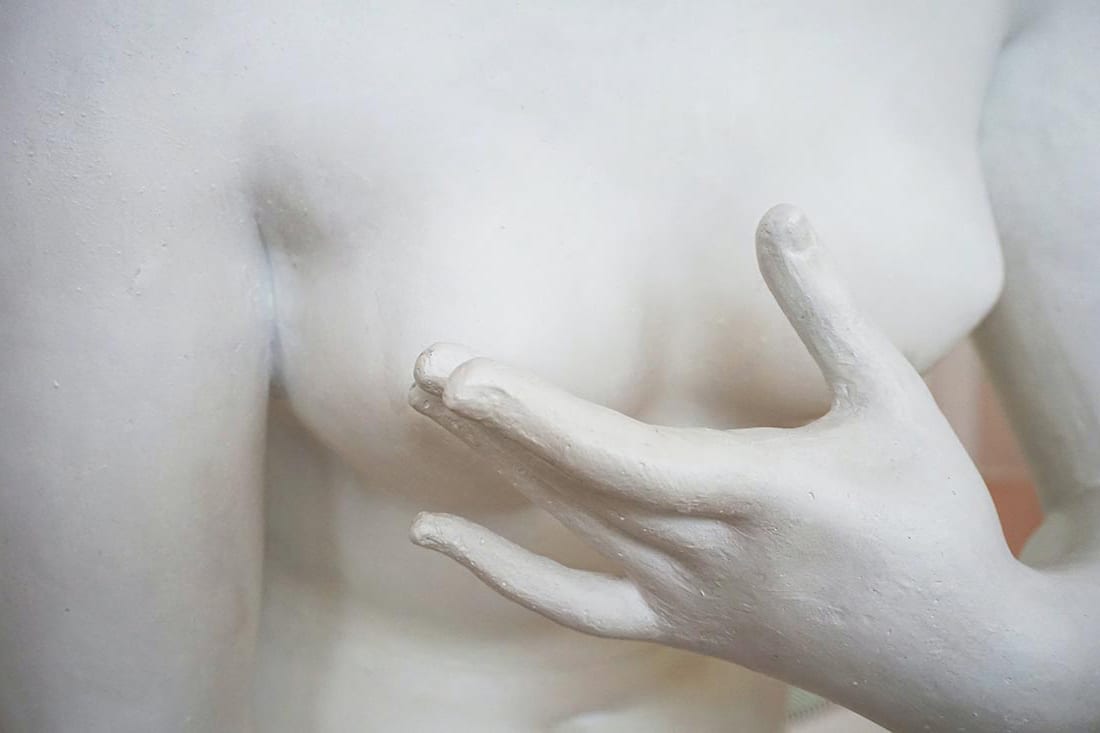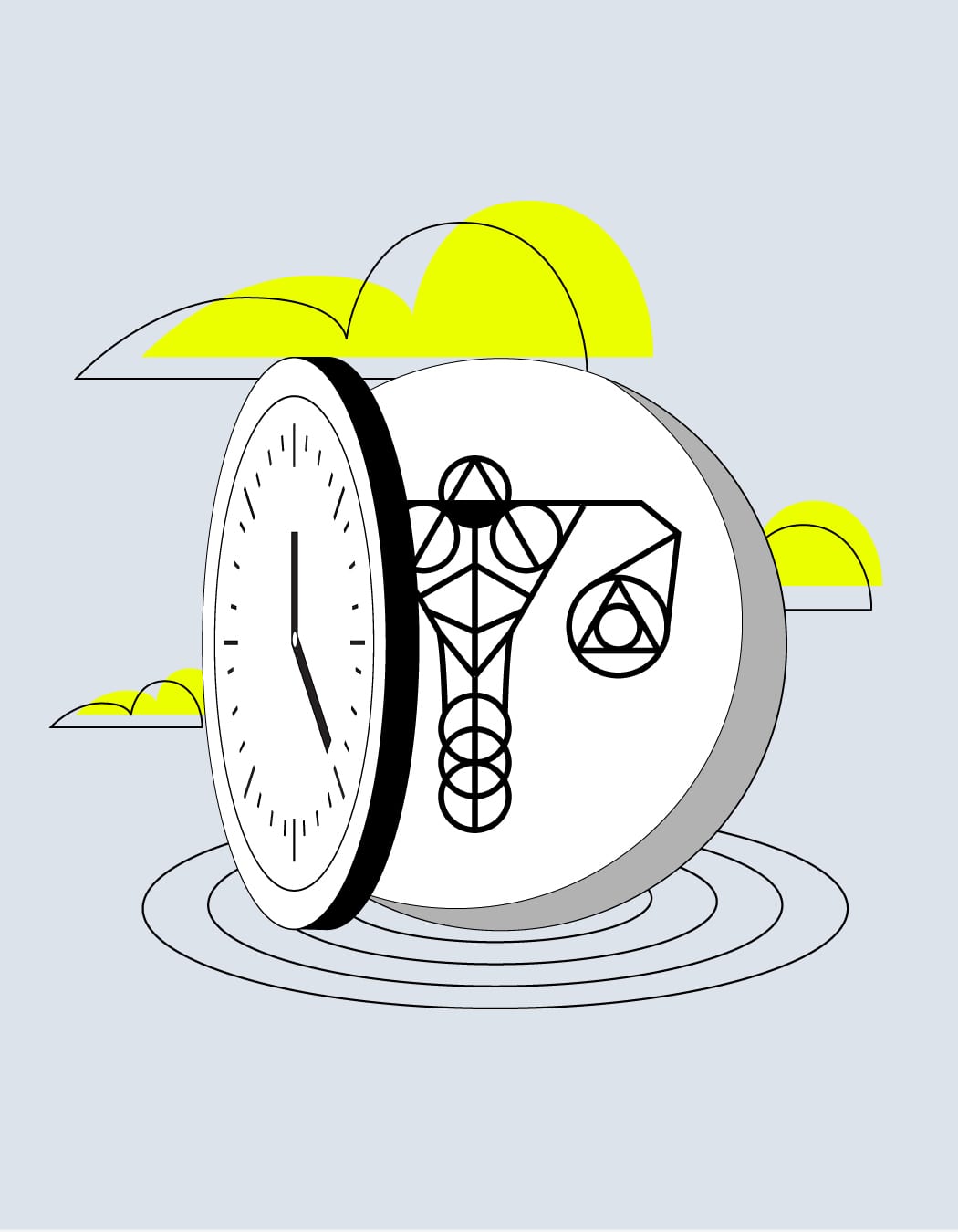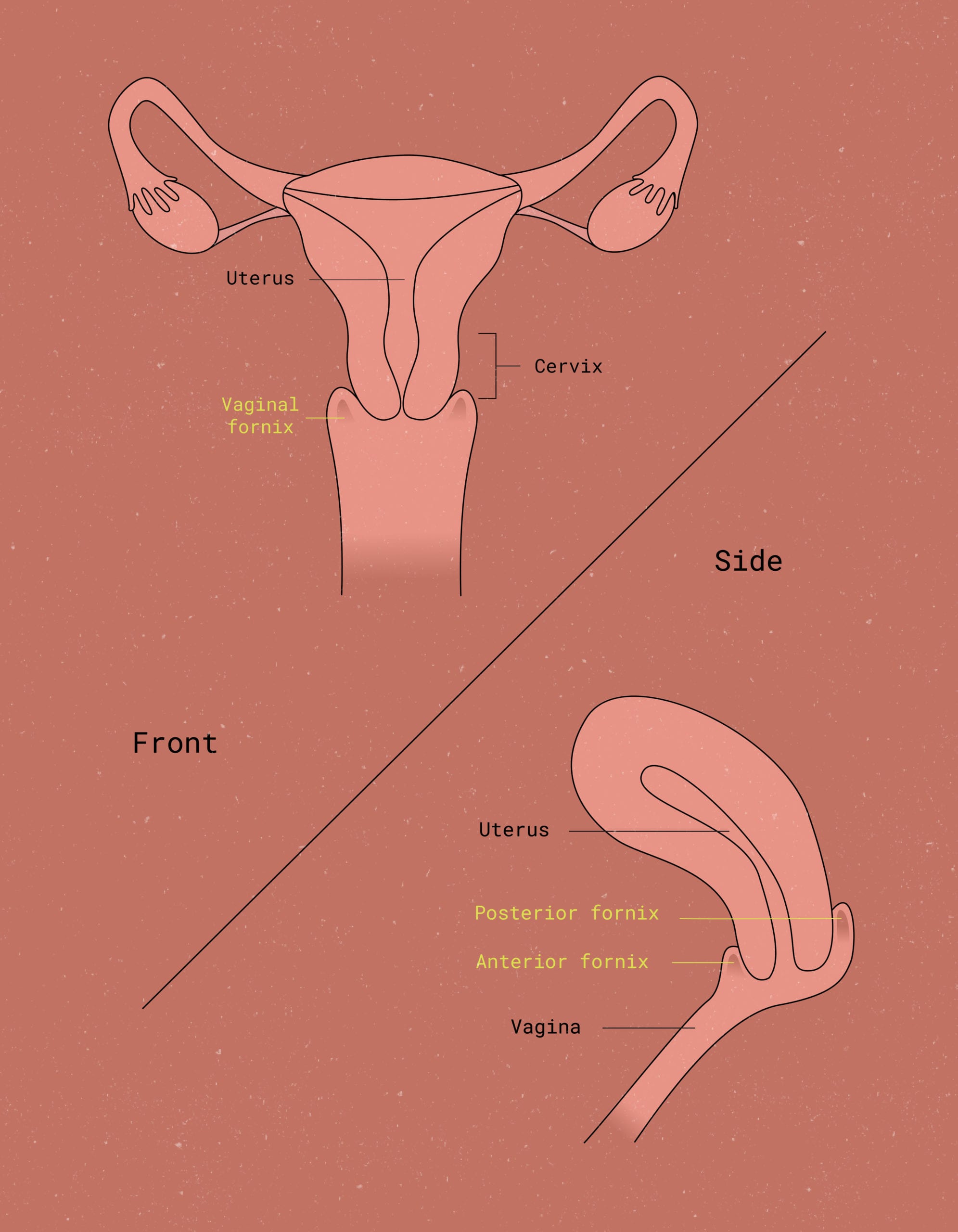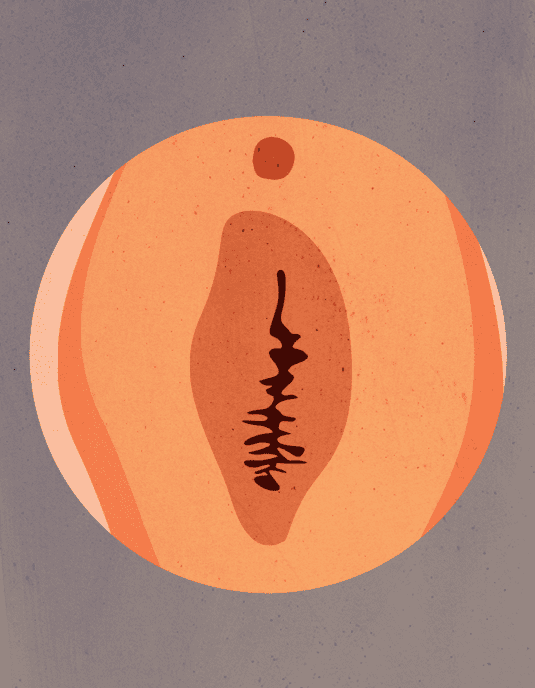Everyone’s WAP is different
It’s criminal how much women obsess over their own vaginas. Size, appearance, scent. The comparisons to others are endless.
And now we have a chart-topping song to remind us about it once more – no shade, though, because Cardi B and Megan Thee Stallion are killing it. We stan every womxn in pop culture who can pull off a fearless, empowering hit on a massive scale.
If the lyrics about dripping wet vaginas left you wondering about your own brand of wetness, though, you’re not alone.
A study published in 2017 analyzed interviews with 20 women from diverse backgrounds, and found half the worries women had about their vaginas were that they might be “too wet” or “not wet enough.”1
Researchers also discovered, “Eleven women mentioned having anxiety about insufficient wetness, sometimes in relation to what they saw as their own bodily failure to become wet,” and “Six women mentioned feelings of anxiety related to their vaginal lubrication and wetness, blaming lack of wetness on their failing personal bodies rather than partner dynamics.”
On the flip side, a few of the women in the study were in their heads about being too wet, with researchers describing “These feelings about ‘excessive’ wetness connected to other anxieties about being normal or tasting bad to a partner, again revealing how ‘noise’ from other aspects of women’s sexuality impacts their feelings about vaginal lubrication.” What an effing minefield.

No one could blame you for suddenly popping your eyes open in the middle of the night, snatching your phone up, and Googling something like “is my vagina too wet” or “how to increase vaginal wetness”. Especially if you start to think about your vagina’s wetness level for the first time.
Here’s the great news – there is no such thing as “too wet” for your vagina, and here’s why
According to this study and others like it, many scientists and medical professionals have concluded there are about an infinite number of factors that may affect individual variations in vaginal wetness. These factors can even change over time.
The reason you get wet when you’re sexually aroused? A pretty fascinating process. Basically, your mind makes the bodily connection to signal your cervix and your Bartholin’s glands to release vaginal fluids that wets the inner vaginal wall.2
The Bartholin’s gland is affected by hormones, meaning fluctuations in hormone levels, particularly estrogen levels, can influence its function. This is why your natural lubrication levels will vary throughout your menstrual cycle. Surprised this little tidbit of info didn’t make it into the final version of WAP? Us, too. 😉
However wet you are right now, or later on, or when you’re a little old person happily retired having survived a pandemic, is the exact right amount of vaginal moisture. It is literally all in your head. Whatever is usual for you, is how it’s supposed to be.
Considering all this, we’re not doctors. We read studies published by doctors, but we don’t have the years of medical training that you should require when seeking advice for a legit problem.
So: if you are concerned about your overall vaginal health – or if you’ve noticed changes in your menstrual cycle or in your vaginal area such as a major difference in wetness or in the color of your vaginal discharge – talk to your healthcare provider or OB-GYN. For instance, painful intercourse or a complete lack of lubrication of the vaginal tissue might warrant a medical visit to make sure there isn’t anything weird going on. The doctor might want to check your hormone levels, amongst other things.
An increase in vaginal fluid can be triggered by numerous factors such as: ovulation, sexual activity and arousal, pregnancy, hormonal shifts as a side effect of hormonal birth control, menopause, specific infections like bacterial vaginosis or yeast infections, sexually transmitted diseases (STDs), and even stress. If the discharge alters in color, consistency, or emits a bad smell, it could be a sign of infection and warrants a visit to the doctor to get a diagnosis and evaluate treatment options.
In the other extreme, we have vaginal dryness. Vaginal dryness is an uncomfortable issue that many people may face at some point in their lives. This symptom can occur because of lower hormone levels, breastfeeding, or certain medications. However, it is often connected to menopause. Usually, the cause determines the treatment options for vaginal dryness.
Tip: Planned Parenthood provides free to low-cost services, including pap smears, STD testing, and contraception.
Now that you know, get back to perfecting that TikTok WAP dance.

Why does my vagina get wet very easily?
Vaginal wetness is a natural response to sexual arousal caused by increased blood flow to the area, preparing it for potential sexual activity. Factors like hormonal changes, emotional state, medications, or even exercise can contribute to heightened lubrication levels in the vagina.
This article is informational only and is not offered as medical advice, nor does it substitute for a consultation with your physician. If you have any gynecological/medical concerns or conditions, please consult your physician.
© 2021 The Flex Company. All Rights Reserved.

